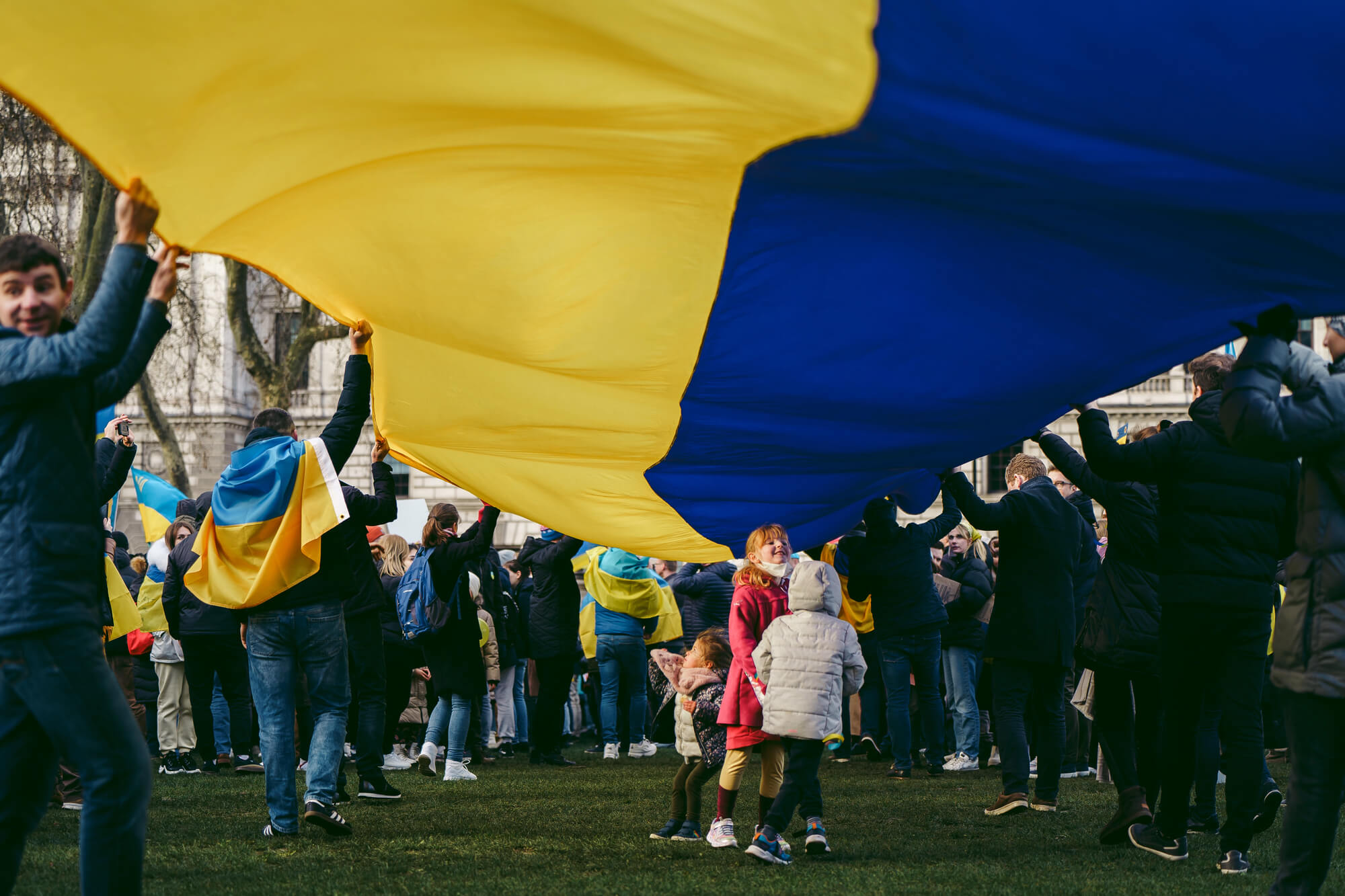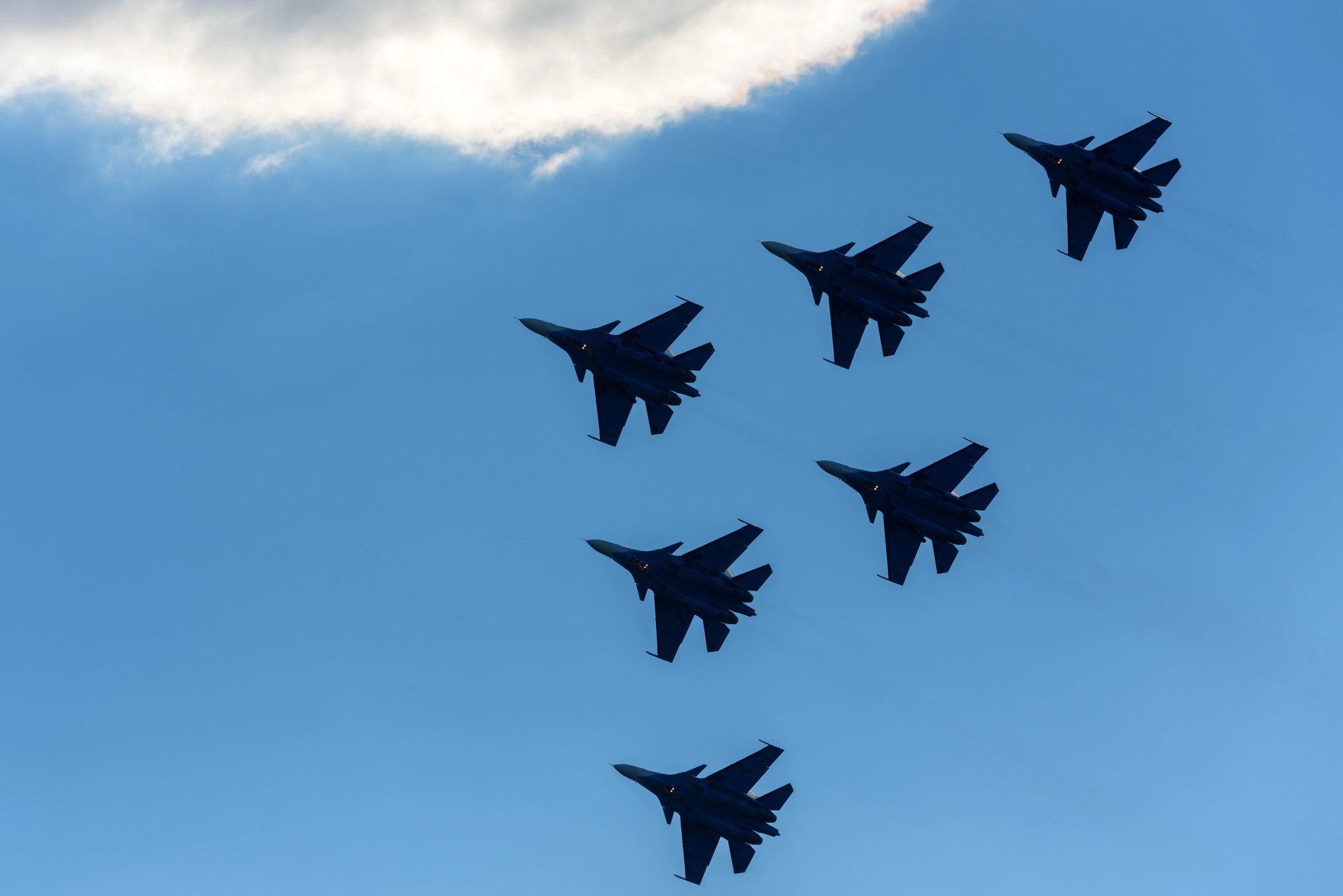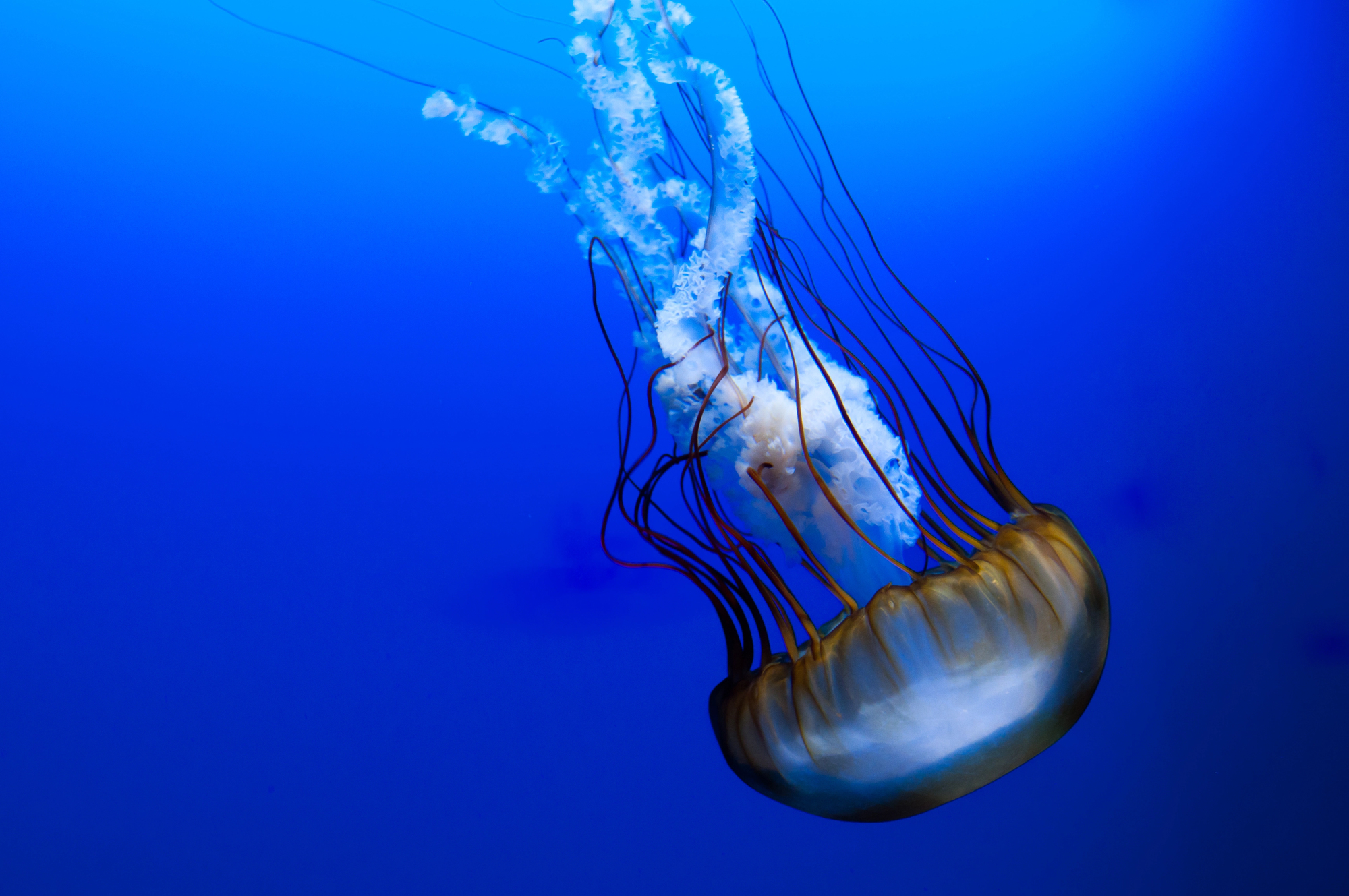Every time a film by a Russian director or featuring Russian actors wins an award, Ukrainians are outraged: how can the culture of the aggressor be glorified? Russian films often promote the idea of reconciliation (as in Deaf Lovers by Boris Guts) or portray Russian soldiers not as invaders, but as “victims of circumstance” (as in Russians at War by Anastasiia Trofimova).
However, the presence of Russians at international film awards has deep roots. Let’s explore why, despite numerous Russian war crimes and Ukrainian calls to boycott the cultural products of the aggressor country, Russian cinema is still present at international film festivals — and whether this can be changed. An important disclaimer: this text does not justify the “apolitical” stance of international film scholars, but merely attempts to explain why this is happening.
Historical context
From the beginning, most international film festivals were not just artistic events but platforms for political and cultural diplomacy. This was especially evident during the Cold War, when cinema became almost the only means of communication between the West and the USSR.
Cannes Film Festival
Since its founding in 1938, the Cannes Film Festival has had a clear political mission — to resist authoritarianism and promote international cultural dialogue. During World War II, the festival was canceled, but afterward, the USSR’s presence as one of the victorious countries was significant. Then came the Cold War and a temporary period of Soviet boycott. However, after Stalin’s death, Soviet films returned to the international stage. In 1957, for the first time, a Soviet movie was awarded the Palme d’Or at Cannes — Sorok Pervyy (The Forty-First) by Ukrainian director Hryhorii Chukhrai. This gesture symbolized the beginning of a thaw in relations between the West and the USSR. In subsequent years, Soviet films won several more awards.
Notably, international film festivals often honored films censored in the USSR. For example, in 1969, Cannes screened Tarkovsky’s Andrei Rublev, which was banned in the USSR. Later, the festival showcased and nominated other Soviet films without Soviet approval. Thus, the search for “alternative voices” in Soviet and, later, Russian cinema has been a long-standing habit of the international film community.
At the same time, the Soviet Union did not miss the opportunity to promote “ideologically correct” films. The USSR understood that the West valued maintaining diplomatic relations, especially during the Cold War. Thus, in 1975, Soviet authorities blackmailed the Cannes Festival by refusing to participate unless the organizers accepted Sergei Bondarchuk’s film They Fought for Their Country. The festival gave in.
During Perestroika, the USSR loosened censorship, and films began to include criticism of its own history. The West viewed such trends as signs of liberalization. In 1987, the Soviet film Repentance even won the Grand Prix at Cannes.
After the USSR collapsed, Cannes continued to nominate films by Russian directors, viewing them as voices reflecting the transformational processes in the post-Soviet space. In 2022, Russian director Kirill Serebrennikov’s film Zhena Chaikovskogo (Tchaikovski’s Wife) was included in the festival’s competition program.
Berlin International Film Festival
Berlinale, founded in 1951 in a divided Berlin, had significant geopolitical importance from the outset. The festival was a “window” to the East for the Western world and vice versa. Soviet participation, especially during periods of political thaw, was perceived by the West as a signal of willingness to cooperate. In 1975, the film One Hundred Days After Childhood by Sergei Solovyov won the Silver Bear for Best Director (an award given for directing, lead roles, screenwriting, etc.).
Although films from the socialist bloc were initially shown reluctantly at Berlinale, after the Berlin Wall was built, the festival became a “forum for dialogue”, where the USSR and the West exchanged ideas through cinema.
After the USSR’s collapse, Russian films did not disappear from the Berlinale. In 2010, the Silver Bear for Best Actor went to two Russian actors for their roles in How I Ended This Summer by Alexei Popogrebski. The cinematographer of that film also received an award. After the full-scale invasion, the festival no longer presented films by Russian directors or featuring Russian actors.
The Oscars
The first Oscar awarded to a Soviet film was in 1943, for Moscow Strikes Back. However, during the Cold War, the Oscars became an arena for cultural recognition competition between the West and the USSR. Over the years, Soviet films won only three Academy Awards for Best Foreign Language Film. Wins were rare, as the U.S. often ignored Soviet films filled with propaganda.
U.S.-USSR relations through the Oscars mirrored the political climate: in the 1940s, the countries fought together in WWII, so the USSR received an award. In the 1950s, the Cold War began, and Soviet films were rarely nominated. In the 1960s–70s, during the thaw, War and Peace (1969), Dersu Uzala (1976), and Moscow Does Not Believe in Tears (1981) won Oscars.
After the USSR collapsed, Nikita Mikhalkov’s Russian film Burnt by the Sun won an Oscar in 1994. At the height of the full-scale invasion, Russia announced it would boycott the Oscars, repeating the Soviet tactic of refusing participation during times of geopolitical tension.
At the same time, in 2023, the international community returned to the tradition of seeking out “good Russians”. As a result, the Canadian-directed film Navalny, about the Russian opposition leader, won the Oscar for Best Documentary.
Economic incentives
In addition to the historical context, money is an important factor in the presence of Russians at international film awards. Over the past two decades, Russia has invested millions of dollars in its cultural presence at international festivals. In particular, Roskino, a state organization promoting Russian cinema abroad, has annually organized large-scale pavilions in Cannes, Venice, Karlovy Vary, and Berlin, financing the participation of Russian directors and producers. In 2012, Roskino announced the creation of the Russian Film Commission USA. The commission’s tasks included “maintaining contacts with American distributors and shaping the image of Russia as an ideal filming location and a reliable partner for co-productions”. Currently, the commission’s website is inactive.
However, this strategy yielded results: since the 2000s, Russian films have received numerous awards at prestigious festivals, including Father and Son (2003), The Banishment (2007), and Leviathan (2014). During this time, Russian troops had already annexed Crimea and occupied parts of Donbas. Notably, even “oppositional” films criticizing Russian authorities were often funded from the state budget.
So it is no surprise that after the full-scale war began, many of these “oppositional” directors either did not comment on Russia’s aggression or promoted narratives about “brotherly nations” and “reconciliation”, as well as portraying Russians as “victims of the regime“.
Moreover, the status of a “oppositional” Russian artist is often quite conditional. For example, Kirill Serebrennikov, presented by Western media as a Russian political prisoner, was accused of fraud in Russia and was supposed to be under house arrest. But after the full-scale invasion began, the court lifted the restraining order, and the director immediately left for France. During his speech at the Cannes Film Festival, he called for an end to the “canceling of Russian culture”. He also expressed sympathy for Russian soldiers, stating he would help “Russian people who died in Ukraine” because they are “victims of propaganda”. So, intentionally or not, the “good Russians”, through their cultural products and statements, create a split in international support for Ukraine.
What to do about it?
Publications in international media, interviews with Ukrainian artists, and organized discussions remain important ways to resist the expansion of Russian culture in the West. However, given the long history of the presence of Soviet and Russian cinema at international festivals and Russia’s long-term financial investments in cultural events in the West, the idea of completely canceling Russian culture seems impossible.
Does this mean the struggle should stop? By no means, but it must be conducted with a clear understanding that this is work for decades. The West will not stop listening to Russian singers or attending performances by Russian directors merely because Russia violates international law. The Western community did not stop admiring the “depth of the Russian soul” after Russia’s war in Chechnya in 1994, again in 1999, after the invasion of Georgia in 2008, or after the occupation of part of Ukrainian territory in 2014.
The full-scale invasion was no exception. Films by Russian “oppositionists” are still being nominated and will continue to be nominated at international film festivals, and Russian actors will continue to appear in Western productions. So it is likely that we will see more films like Anora.
At the same time, understanding the nature and reasons for the West’s attachment to Russian culture is key to addressing it. In particular, it is essential not only to criticize Russian culture but also to explain its historical context and imperial nature. For example, before showing a Russian film at a festival, one could organize a panel or discussion where experts explain the broader context, especially if the film is historical. Creating information campaigns, documentaries, or discussions analyzing popular Russian works and exposing their imperial undertones will also have a positive effect.
A key step is to refute the Western perception of Russian artists and the general population as supposedly “anti-war” and merely “hostages of the situation”. Ukrainian artists have already started doing this. In particular, the documentary Peaceful People (2023) by Oksana Karpovych shatters any illusions by showing Russians speaking with their occupier relatives and justifying or supporting the war.
Debunking myths about Ukrainian culture, especially exposing Ukrainian artists and scholars appropriated by Russia, is also an important part of countering the Kremlin’s myth of a “rich Russian culture” and the portrayal of Ukrainian culture as merely “village culture”. For decades, Russia has tried to convince the West that Ukrainian culture has nothing in common with the work of European artists. According to artist and Ukrainian culture researcher Yevheniia Havryshenko, it is important to avoid exoticizing Ukrainian culture in its representation to break this stereotype. Instead, one should emphasize its commonalities with European culture.
Alongside the refutation of the myth of “great Russian culture”, it is essential to speak about the achievements of Ukrainian artists. As Ukrainian writer Oksana Zabuzhko said, “The first to be killed are those whose culture is unknown“. The international community feels less empathy for a society with no shared themes or points of connection. Thus, cultural diplomacy is vital for spreading knowledge about Ukrainian culture worldwide. Through organizing exhibitions, concerts, literary events, and other cultural activities, it is possible to showcase Ukrainian culture and strengthen diplomatic ties with other countries.
Not only do Ukrainian artists who go abroad on cultural missions play a significant role in this, but also the Ukrainian diaspora, promoting culture through local centers and artistic events. As Volodymyr Shaiko, Director General of the Ukrainian Institute, explains, it is important not just to talk about Ukrainian culture but to find common ground with the local population. This will encourage dialogue and cultural exchange between countries.
The effort to dismantle Russia’s image as a “spiritually profound” state, which the Kremlin has built for decades, is a long-term game. There is no universal or foolproof recipe for weaning the West off its admiration for Russian culture. But we can do everything possible to ensure that the world looks at Ukrainian culture with admiration.
Photo: depositphotos.com/ua
Attention
The author doesn`t work for, consult to, own shares in or receive funding from any company or organization that would benefit from this article, and have no relevant affiliations



